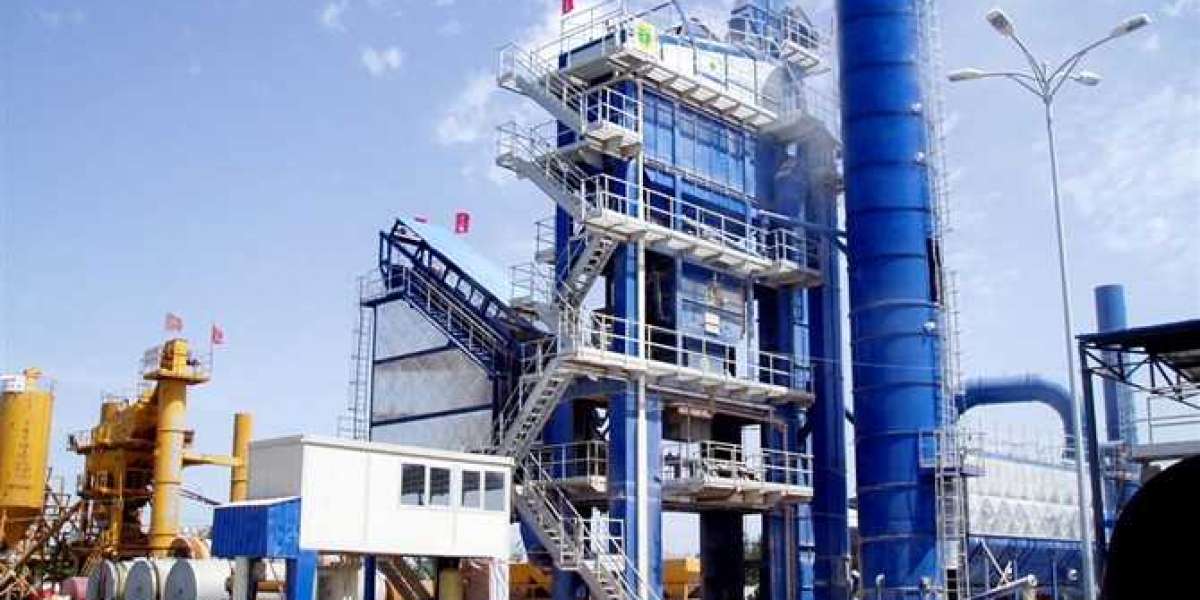Batch type asphalt plants offer a range of advantages for asphalt production, making them a popular choice for many construction projects. Understanding the factors that contribute to the success of batch type asphalt plants is essential for maximizing their efficiency and productivity.
Precise Control Over Mix Quality
One of the primary advantages of batch type asphalt plants is their ability to provide precise control over mix quality. These plants allow operators to carefully control the composition and temperature of each batch, resulting in consistent and high-quality asphalt mixes. This level of control is particularly beneficial for projects that require specific mix designs or must meet stringent quality standards.

Flexibility in Production
Batch type asphalt plants offer flexibility in production, allowing operators to easily switch between different mix designs and specifications. This flexibility is essential for accommodating varying project requirements and demands. Whether producing small batches for local road repairs or larger batches for major highway construction, batch type plants can adapt to the needs of the project with ease.
Reduced Waste and Material Loss
Batch type asphalt plants minimize waste and material loss by allowing operators to produce asphalt in precise quantities as needed. Unlike continuous plants that produce a continuous stream of asphalt, batch plants produce asphalt in discrete batches, reducing the risk of material waste and ensuring efficient use of resources. This feature is particularly advantageous for projects with tight budgets or environmental considerations.
Ease of Maintenance
Another factor to consider when utilizing batch type asphalt plants is the ease of maintenance. Batch plants are typically easier to maintain compared to continuous plants due to their simpler design and operation. Routine maintenance tasks, such as cleaning, lubrication, and replacement of wear parts, can be performed more efficiently, minimizing downtime and ensuring uninterrupted production.
Environmental Considerations
Batch type asphalt plants offer several environmental advantages, making them a preferred choice for environmentally conscious projects. These plants produce lower emissions compared to continuous plants due to their intermittent operation and precise control over combustion processes. Additionally, batch plants can incorporate recycled asphalt pavement (RAP) into the mix, reducing the need for virgin materials and minimizing environmental impact.

Cost-Effectiveness
From a cost perspective, a small asphalt batch plant offers several advantages over continuous plants. While batch plants may have higher initial capital costs, they often provide lower operating costs in the long run due to their efficient use of resources and reduced material waste. Additionally, batch plants offer greater flexibility in production, allowing operators to optimize production schedules and minimize idle time, further enhancing cost-effectiveness.
Conclusion
Batch type asphalt plants offer a range of advantages for asphalt production, including precise control over mix quality, flexibility in production, reduced waste and material loss, ease of maintenance, environmental considerations, and cost-effectiveness. By considering these factors when utilizing batch type asphalt plants, operators can maximize efficiency, productivity, and overall performance in asphalt production operations. Whether for small-scale road repairs or large-scale highway construction, batch plants provide the versatility and reliability needed to meet the demands of any project.







